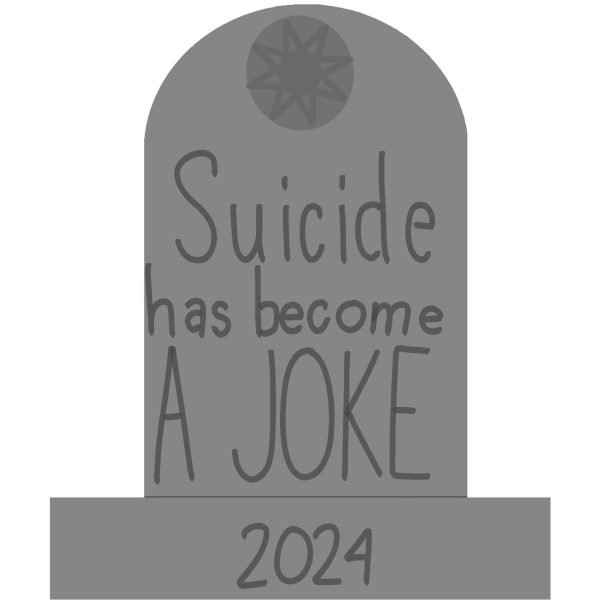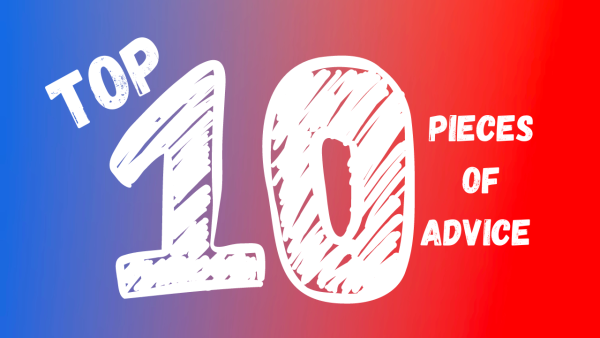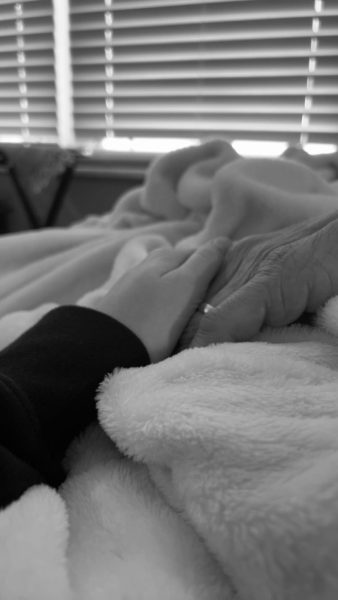The Stigma Surrounding Mental Illness
Students come forth about their lack of voice
Student Austin Leavitt has suffered with depression since fourth grade.
It’s all in your head. A harsh phrase, but sometimes a true one. Especially for students with a mental illness.
Mental illnesses such as anxiety, depression, eating disorders, and various personality disorders are everyday struggles for many students. These illnesses, while completely existing in one’s head, are completely valid problems.
While some students find it hard to talk in front of crowds, students facing anxiety find it hard to talk to anybody without overthinking every word. You might find it hard to get out of bed in the morning, students with depression don’t have the will to get up to go anywhere.
With these problems to deal with already, you would imagine that constant invalidation wouldn’t be tagged along with it. Sadly, most mentally ill high school students don’t feel like their voices are being heard when it comes to their illness.
You might remember when the HOSA had a day of silence for students with mental illnesses. It was meant to replicate the recurring theme of lacking a voice in society. You might also remember the amount of people that had given up on the challenge, and were speaking again by eighth hour.
Not enough people take mental illness seriously. Mental illnesses are often the butt end of our jokes, or common phrases we just use to express how we’re feeling. Phrases like, ‘this is giving me anxiety,’ or, ‘that’s just my OCD,’ are so problematic because they’re mocking mental illnesses. What is stressing you out isn’t giving you anxiety, anxiety is an actual illness that people have.
Why is there such a stigma surrounding mental illness, that labels it as an unspoken thing, UNLESS you don’t actually have one? Possibly because 50 percent of teens, according to the Interagency Working Group on Youth Programs (IWGYP), have a mental illness, whether it’s diagnosed or not. Our problems as teens are often pushed aside, because we’re “too young to know what we’re talking about.” Mental health is ignored, which is doing nothing to help us as a society.
It’s important to talk about these issues. To learn the right ways to handle a panic attack, or not to invalidate people and their legitimate problems. Mental illness is just a valid as any other illness, and needs to be treated just as much. It’s important to get help, whether it’s treatment from a therapist or just talking about it to someone you trust.
Your voice deserves to be heard. Speak out, share your own stories and experiences. You are just a valid as any neurotypical person.












Anonymous | Feb 12, 2018 at 2:06 pm
Thank you, for not dancing around a serous topic that most either; shy away from, or totally disregard. Thanks so much for speaking on our behalf.
Brooke Huffman | Feb 13, 2018 at 11:59 am
Of course, you deserve just as much of a voice as anybody else. I’m glad you feel represented.